Author ALY SEMIGRAN, CONTENT SPECIALIST
In the weeks following the devastation Hurricane Katrina left nearly twenty years ago, it was hard to know what would become of the beloved City of New Orleans and the hundreds of thousands of people who called it home. In addition to the wide-sweeping destruction, the loss of life neared 2,000, making it one of the deadliest hurricanes in the history of the United States.
But New Orleans is rooted in a rich history and profound cultural legacy, and not even the strongest of storms could wash that away. No one understood that more than local-born musicians Branford Marsalis and Harry Connick Jr., who established The Ellis Marsalis Center for Music (named after Branford’s father, legendary jazz pianist Ellis Marsalis Jr.) in the wake of the tragedy.
The Ellis Marsalis Center for Music, and its accompanying Musicians’ Village, was created to not only help repair and restore the vital music scene in their community, but nurture and care for musical generations of the past, present and future. “It’s an amazing labor of love and a love letter to the community that nurtured Branford and Harry and gave them so much,” says Executive Director Lisa Dabney, “It was their way of giving back.”
Located in what Dabney describes as a “dynamic oasis in the middle of the Ninth Ward” (a neighborhood greatly impacted by the hurricane), the center was built in collaboration with Habitat for Humanity. Since its opening in 2011, it has provided both a musical hub and a safe haven for underserved children in the region through its broad array of services.
The center offers after-school and summer music education programming for children aged 8-18, which includes free access to a complete inventory of musical instruments, a coding program, dance program, video and recording studio and a performance hall. “Thanks to donor support and partnerships, we’re able to make all our programs just $30 a semester for each student,” Dabney explains.
In fact, donor support has been essential for all the center’s operations, which also includes adult and community programs. “Every dollar we receive goes into the programming,” she says, adding, that donor support covers everything from the infrastructure to the music instructors to the books and instruments used by the students.
Donor support also goes towards after-school initiatives like providing healthy snacks and behavioral health programs with an on-staff counselor for children at the center. “Our mission is really focused on the intersection between art and social justice and how you can provide opportunities for musicians and children who have historically lived in impoverished communities.”
Donor-advised funds (DAFs) play a role in helping the organization achieve its mission, with over $250,000 in contributions from 51 DAF accounts in 2023 alone. Dabney notes that long-term giving and unrestricted grantmaking are especially important as they “provide flexibility” and “lift barriers” to do the work at hand. “More individuals who want to do good and invest are turning to DAFs.”
More individuals who want to do good and invest are turning to DAFs.
Whether one is a native like Branford and Harry or simply a lover of the city and its vibrant music scene, Dabney says that the center encapsulates “what is unique about New Orleans.” She adds, “There is no other place in the world like this city, and it has an emphasis on respecting its elders and its legacies and its culture and carrying them forward. [The center] preserves that and is an investment in the future of the arts in New Orleans.”
About the Author
Aly Semigran is a Content Specialist at National Philanthropic Trust. She has been writing and editing professionally for over 15 years, with articles in Billboard, Well + Good and Mic, among many other notable publications. In addition to her editorial background, Aly is currently getting her Master of Social Work degree from Temple University. She resides in Philadelphia with her dog.
*NPT is not affiliated with any of the organizations described herein, and the inclusion of any organization in this material should not be considered an endorsement by NPT of such organization, or its services or products.
*NPT does not provide legal or tax advice. This blog post is for informational purposes only and is not intended to be, and shall not be relied upon as, legal or tax advice. The applicability of information contained here may vary depending on individual circumstances.
